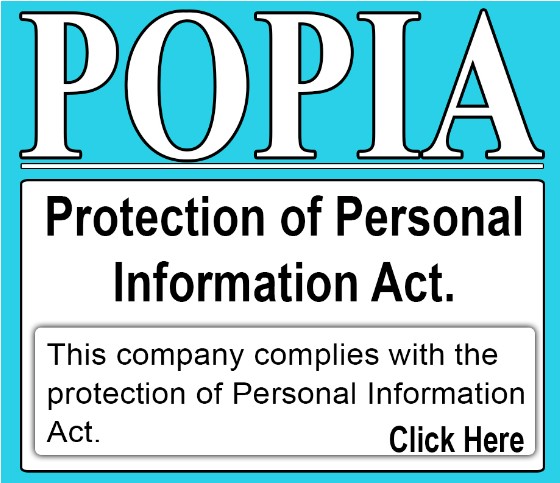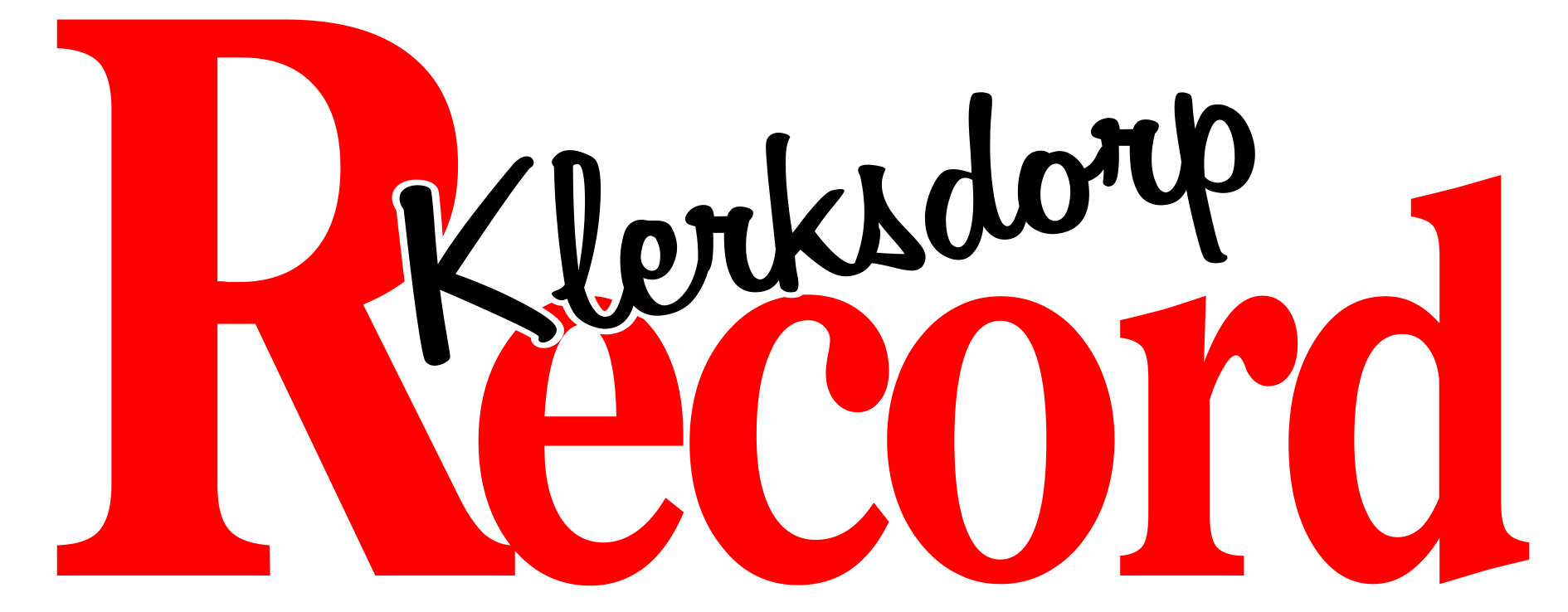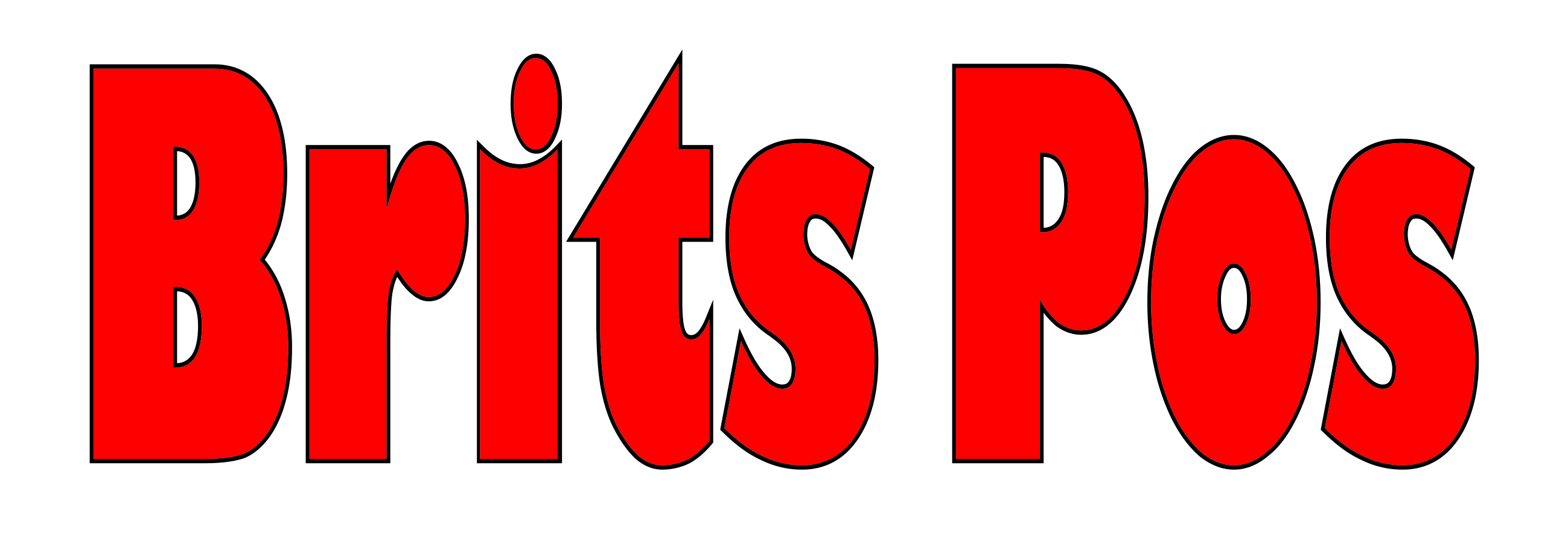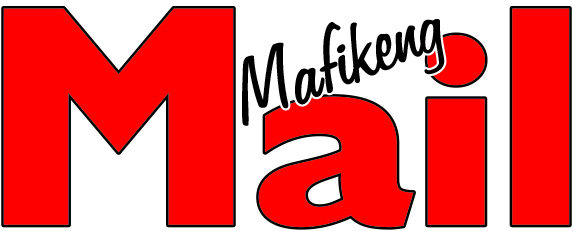BONUS - RUSTENBURG - South Africa faces a dual burden of malnutrition, with high rates of obesity alongside stunting in children, making the Health Promotion Levy (HPL) a critical tool for addressing these challenges.
The most recent episode of the podcast Chew on This features a panel of experts, including Professor Corné van Walbeek from the University of Cape Town, Angelika Grimbeek from HEALA, Khanyisa Mapipa from Section 27, and Baone Twala from Wits Priceless SA. Together, they explore how health taxes like the HPL can generate much-needed revenue to fund social protection interventions like the National School Nutrition Programme (NSNP).
“South Africa has the highest prevalence of obesity in sub-Saharan Africa, yet millions of children live below the poverty line,” says Chew on This host, Crystal Orderson. “The HPL, introduced in 2018, has already generated over R8 billion. It’s time to explore how these funds can directly impact social protection.”
One in four children in South Africa is stunted. “The NSNP provides critical support to nearly 10 million children, but this isn’t enough,” says Baone Twala from Priceless SA. “We must consider how the HPL can be used to improve the nutritional quality of school meals and expand the programme to early childhood centres (ECDs).”
One mother interviewed said her children’s school is lucky to have a nutrition programme. “Kids get proper meals. For example, on Thursdays, they get rice, chicken, cabbage, and carrots. The servers are parents of some of the kids, which is great. Their salaries, the food and fuel costs, are covered by money from the Department of Education. Learning and teaching has improved so much since it started. Kids aren’t skipping school anymore because they know they’ll get a meal. It has made a huge difference for everyone.”
Another mother said feeding her children is a constant battle. “Sometimes there’s no milk, and even basics feel like luxuries. The grant money I get just doesn’t stretch far enough. My husband does piece jobs, but it’s still not enough. I skip meals to make sure the kids can eat. Right now, I can’t think about what’s healthy or not. If I try to buy healthy food, we wouldn’t have enough to eat. Things like fruits and vegetables? Those are a luxury.”
HEALA’s Angelika Grimbeek says that while SARS doesn’t ring fence taxes, it should consider this approach because it guarantees funding for essential health and social services and increases public confidence in government’s commitment to enhancing public health.
The panel also discussed how public buy-in for the HPL could be bolstered by funds for visible and impactful programmes. In addition, the pilot expansion of the NSNP to Early Childhood Development Centres could include breakfast meals as a critical step to address malnutrition in younger children.
With nearly five million children living below the poverty line, the consequences of inaction are far-reaching. These children face long-term challenges that affect every part of their lives, including slower cognitive development, poor academic performance, and fewer economic opportunities as they grow up.
“Increasing the levy to 20% or more and ensuring annual adjustments to counter inflation are non-negotiable steps,” says Grimbeek. “Without these measures, the levy’s effectiveness will diminish over time.” She adds that by including ultra-processed products like sugary fruit juices, often wrongly seen as healthy, the government can reduce unhealthy consumption and raise more funds for essential programmes like the NSNP.
“The health and well-being of our children are at stake,” adds Grimbeek. “With the right policies, we can build a healthier, more equitable society.”










